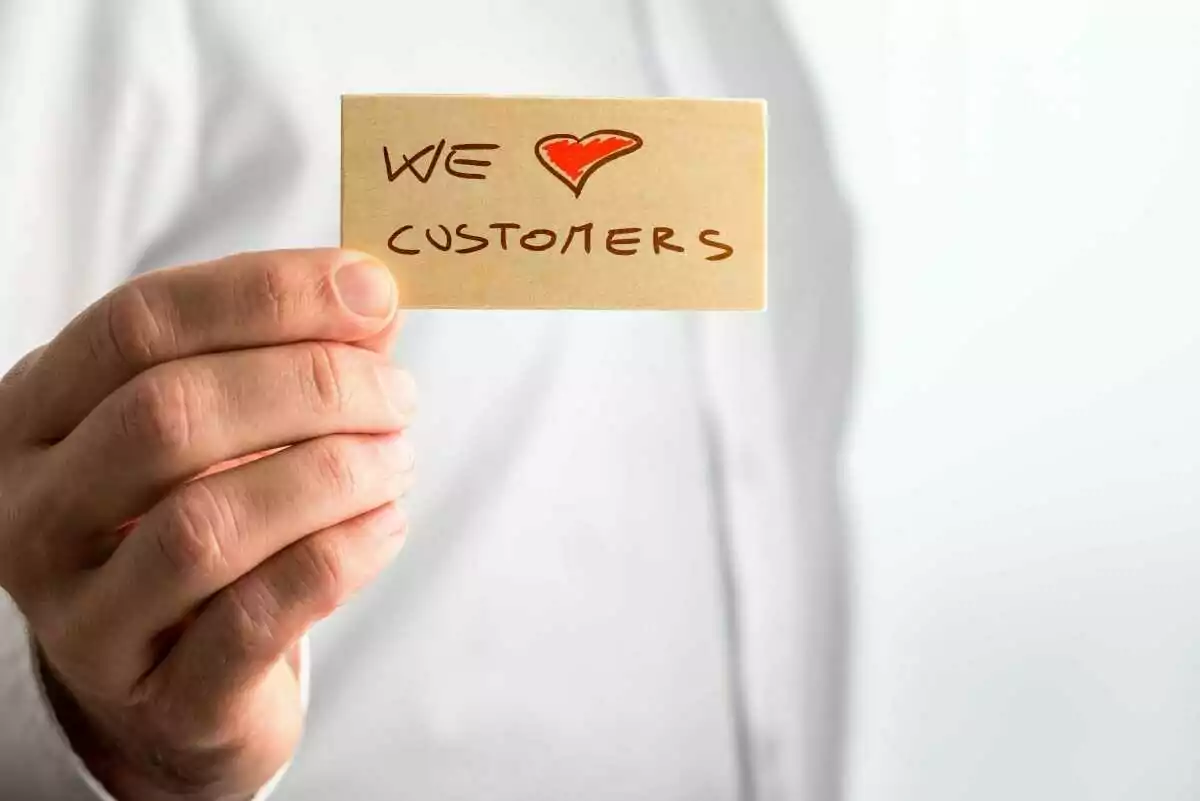platforms-tools
01-04-2023
TABLE OF CONTENTS
Payment processing software enables companies to process a variety of business-to-business (B2B) payments.
Payment processing software can help your business take non-cash payments, and accounting teams can utilize this sort of software to guarantee payments are submitted on time.
Payment gateways, accounting software, and AP automation software all function in tandem with payment processing software. It is also frequently used in conjunction with e-commerce platforms and retail point-of-sale systems.
Let’s get to know pay processing software a little better …
Must have payment processing software characteristics
Security
Payment systems can be a prominent target for fraudsters. Because Internet services are now supplied on very open networks, the infrastructure enabling electronic commerce must be useful and resistant to cyber attacks in an environment where eavesdropping and message alteration are common.
Reliability
As more business is performed through the Internet, the economy's proper operation will become dependent on the availability of payment infrastructure, and keeping it protected from potential vandals.
Flexibility
Depending on the assurances required by the parties making and receiving payments, the date of the payment, auditability requirements, performance requirements, and the size of the payment, several types of payment types may be required. The payment infrastructure should enable a variety of payment methods, such as credit card-like devices, personal checks, cashier's checks, and even anonymous electronic currency. These tools should be combined into a unified framework.
Integration simplicity
To make a payment service available to users, apps must be compatible with the payment infrastructure. A standard API should ideally be utilized so that the integration is not limited to a single type of payment instrument. Payment support should be embedded into the request-response protocols so that higher level apps can access a better layer of service.
User friendly
Users should not be stopped frequently to enter payment information, and most payments should be automated. Users should, however, be able to restrict their losses. Payments over a specific threshold should be subject to approval. Users should be able to track their expenditures without having to go out of their way.
Here is a list of some of the leading payment processing software:
1. BlueCart:
BlueCart payment processing is one of the greatest eCommerce websites in the business because of its low rates and quick response. BlueCart is the leading B2B wholesale solution for eCommerce food wholesalers, streamlines inventory restocking, order fulfillment, and recurring payments inside a single platform.
You will gain access to the following features if you use BlueCart as your invoicing and payment processor:
- Invoice processing that is organized.
- Subscription management software.
- Real-time payments.
- Subscription billing solutions.
- Management of recurring bills.
- Paperless billing.
- Automated billing system.
- Invoice templates.
- Software for small businesses invoicing.
- Finance management on the go.
- An eCommerce SEO-optimized storefront.
- QuickBooks Payments
As a company expands, it must have effective accounting software. QuickBooks is regarded as one of the top processors due to its extensive set of built-in resources. You may use the platform to manage your finances by invoicing, paying bills, controlling spending, and creating reports.
QuickBooks supports payments between bank accounts by using a processor and a payment gateway. QuickBooks members have access to a variety of payment gateways, including free mobile card readers and a "pay now" button on invoices.
If you require the following features, a QuickBooks subscription may be perfect for you:
- A comprehensive financial management tool.
- Automated invoice schedules.
- Extensie financial data reports.
- Services for tax preparation.
2. Stripe
Stripe may be the ideal option for you if you're looking for all-in-one payment software. This is accomplished via the use of more than a dozen solutions, ranging from invoice automation tools to company funding options.
Stripe distinguishes itself by providing a variety of services, including:
- Fraud protection and prevention.
- Invoice cards, both virtual and real.
- The authority to limit business finance.
3. Apple Pay
Mobile payments are contactless, fast, and convenient. Apple Pay enables companies and consumers to make safe payments in an instant.
Say goodbye to fumbling with your wallet and misplacing your cards. Making purchases is made easier when all of your payment information is kept on your smartphone.
For the following reasons, businesses see Apple Pay as one of the most popular payment processors:
- Customers and company owners will find it simple to install.
- Services for consumers and businesses are free (aside from hardware).
- It is a safer alternative thanks to contactless payments.
4. Square
Square is popular among small company owners since it is a low-cost and user-friendly payment processor. Square, like many other software platforms, may provide businesses with mobile and in-store payment options, as well as a variety of software services.
Square, in particular, offers free and paid membership alternatives to restaurants, retail establishments, and appointment-based enterprises. Aside from payment processing, Square provides the following tools to businesses:
- A simulated terminal.
- Online transactions.
- Employee Supervision.
- Industry-specific functions. Square, for example, provides technological hardware solutions to help medical facilities schedule appointments and restaurants make reservations.
- The ability to contest chargebacks.
5. PayPal
PayPal, being one of the most trusted payment processors for eCommerce retailers, offers alternatives for businesses of all sizes. So, whether you're just starting as a solopreneur or already running a huge company, PayPal makes upgrading your profile to a business account a breeze.
PayPal is one of the most secure payment processors available, and includes:
- Fraud prevention for user data.
- Outstanding eCommerce customer service.
E-commerce has become our way of life. So it is no secret that we will have better developed, quicker, competent, and secure payment systems in which we will be able to conduct our (B2B) commerce simply.
Payment is the most private and important element of any business, and online payment processing systems are working hard to produce the most secure, anti-fraudulent, efficient, quick, and simple to use software that will give e-commerce greater strength.
Recommendation
A vendor we recommend for this service can be found here.
Utilize live chat, email management systems, and social media monitoring tools to provide seamless Omni channel support.
.png)
What more would you like on this page























Leave a Comment
Your email address will not be published. Required fields are marked *
Please to post the comments. Don’t have an account? !
Comments
Login
Register